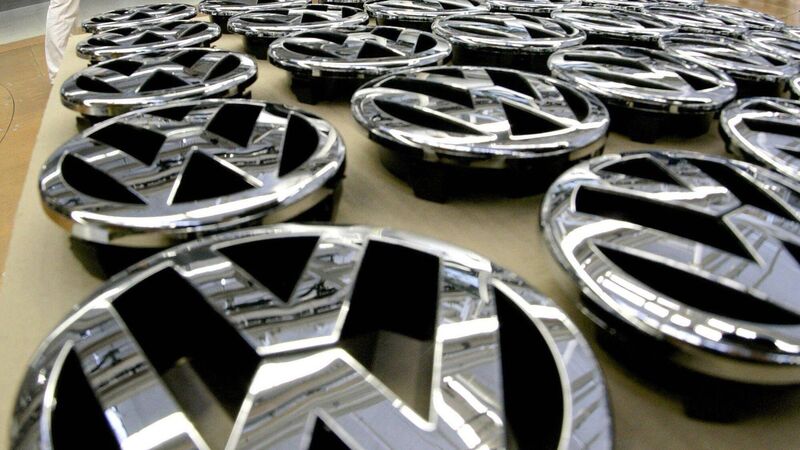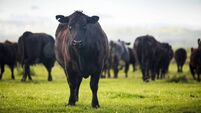VW encounters protests over climate and China at annual meeting

While weathering criticism over its China presence, VW is dealing with the pressing task of stemming a slide in market share in its biggest market.
Volkswagen contended with a combative atmosphere at the carmaker’s annual general meeting in Berlin as climate protesters blocked access to the venue and shouting activists interrupted speeches from management.
Around a dozen people staged a protest that blocked traffic, arguing the carmaker was “making climate-damaging decisions” ahead of the start of the meeting. Once underway at Berlin’s City Cube venue, the event saw protesters shout accusations of forced labour in China during speeches from chief executive Oliver Blume and chairman Hans Dieter Poetsch.














